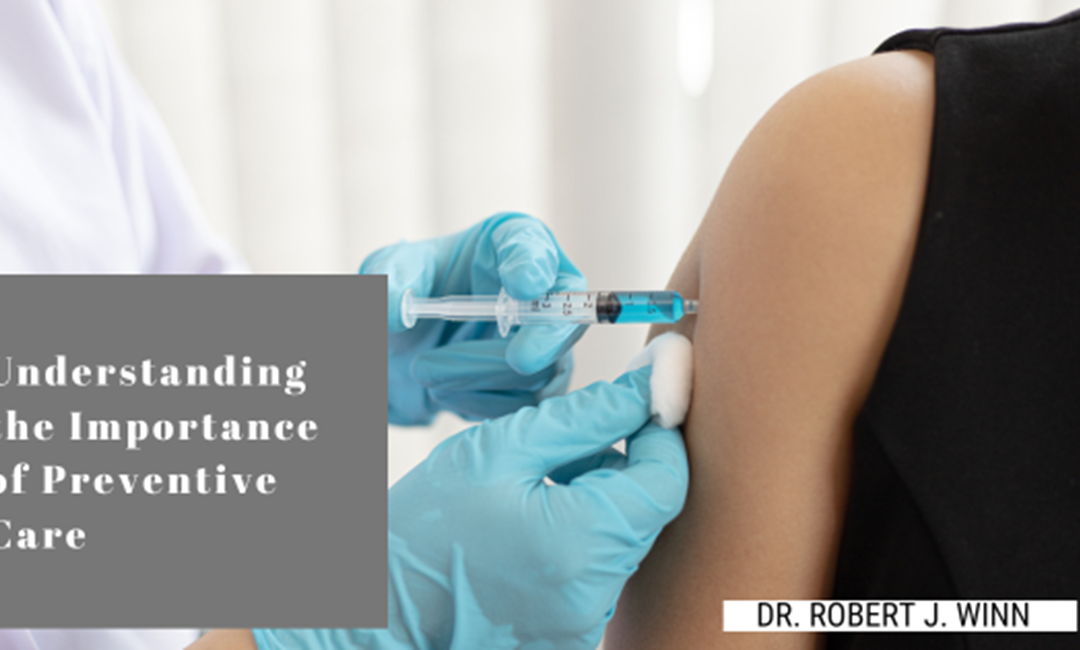Preventive care is an essential component of maintaining overall health and well-being. Rather than waiting until health problems arise, preventive care focuses on proactive measures to prevent illness, detect potential health issues early, and promote long-term wellness. By prioritizing preventive care, individuals can take control of their health and reduce their risk of developing chronic diseases and other health problems. Let’s explore why preventive care matters and how it can benefit individuals of all ages:
Early Detection and Treatment
One of the primary benefits of preventive care is early detection and treatment of health conditions. Regular screenings, check-ups, and diagnostic tests can help identify potential health problems before they progress and become more serious. For example, screenings for high blood pressure, cholesterol levels, diabetes, and certain cancers can detect underlying health issues early, allowing for timely intervention and treatment. Early detection and treatment can significantly improve health outcomes and increase the likelihood of successful recovery.
Reduced Risk of Chronic Diseases
Many chronic diseases, such as heart disease, diabetes, hypertension, and certain cancers, are preventable through lifestyle modifications and early detection. Preventive care measures, such as maintaining a healthy diet, exercising regularly, managing stress, avoiding tobacco use, and getting recommended vaccinations, can help reduce the risk of developing chronic diseases and improve overall health and longevity. By adopting healthy behaviors and staying proactive about preventive care, individuals can lower their risk of chronic diseases and enjoy better quality of life.
Cost Savings and Healthcare Expenditure
Investing in preventive care can lead to significant cost savings and reduced healthcare expenditure over time. By preventing or delaying the onset of chronic diseases and other health problems, individuals can avoid costly medical treatments, hospitalizations, and emergency room visits. Preventive care measures, such as vaccinations, screenings, and lifestyle interventions, are often more cost-effective in the long run than treating advanced-stage diseases or managing complications associated with untreated health conditions.
Improved Quality of Life
Prioritizing preventive care can lead to improved quality of life and well-being. By addressing risk factors and adopting healthy behaviors, individuals can reduce their risk of developing debilitating health conditions, such as heart disease, stroke, and certain cancers, that can impact mobility, independence, and overall functioning. Preventive care measures, such as regular physical activity, healthy eating habits, and stress management techniques, can promote physical, mental, and emotional well-being and enhance overall quality of life.
Long-Term Health and Wellness
Preventive care is not just about preventing illness; it’s also about promoting long-term health and wellness. By establishing a relationship with a primary care provider and scheduling regular check-ups and screenings, individuals can proactively manage their health and address any concerns or risk factors that may arise. Preventive care empowers individuals to take control of their health and make informed decisions about their well-being, leading to a healthier and more fulfilling life.
In conclusion, preventive care is essential for maintaining optimal health and well-being at every stage of life. By prioritizing early detection and treatment, reducing the risk of chronic diseases, saving on healthcare costs, improving quality of life, and promoting long-term health and wellness, preventive care can have a profound impact on individual health outcomes and overall public health. Remember that prevention is key, and investing in your health today can lead to a healthier and happier tomorrow.


